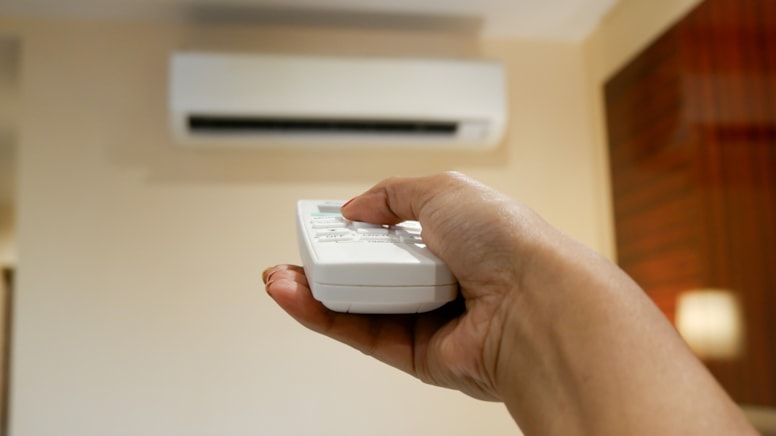10 tricks to consider when buying an air conditioner
Choosing the right air conditioner requires considering many factors, from the size and type of unit to energy efficiency and additional features. By carefully assessing your needs and researching your options, you can find an air conditioner that provides optimal cooling, efficiency and comfort. By considering installation and maintenance requirements, your budget, brand reputation and warranty, you can ensure you make a wise investment.
Buying an air conditioner is a significant investment and making the right choice is critical for comfort, energy efficiency and cost-effectiveness. With a variety of models and features available on the market, it can be difficult to choose the option that best suits your needs. Here are 10 important tips and tricks to consider when buying an air conditioner, so you can make an informed decision.
DETERMINE THE SIZE AND CAPACITY REQUIRED
The size and capacity of an air conditioner are critical to its efficiency and effectiveness. An undersized unit will struggle to cool the space, while an oversized unit may turn on and off frequently, causing wear and tear. To determine the right size, calculate the square meters of space you want to cool and consider the BTU (British Thermal Unit) rating of the unit. In general, a unit of about 20 BTUs is required for each square meter.
CONSIDER THE ENERGY EFFICIENCY RATIO (EER)
Energy efficiency is an important factor when choosing an air conditioner, as this affects both environmental impact and energy bills. The Energy Efficiency Ratio (EER) measures the efficiency of an air conditioner; a higher EER means better efficiency. Look for units with the Energy Star label that meet the energy efficiency guidelines set by the US Environmental Protection Agency.
CHOOSE THE RIGHT TYPE OF AIR CONDITIONER
There are various types of air conditioners to suit different needs and spaces: Window Units: Ideal for single rooms or small apartments. They are affordable and easy to install, but can take up windows. Portable Units: Flexible and easy to move, suitable for rooms where window units are not practical. They can be less efficient than window units. Split System Air Conditioners: Consist of one indoor and one outdoor unit, providing quiet and efficient cooling. Suitable for cooling multiple rooms or larger areas. Central Air Conditioner: Best for cooling the whole house, distributing cold air through ducts. It is the most expensive option, but provides consistent cooling throughout the house.
CONTROL THE NOISE LEVEL
The noise level of the air conditioner is an important consideration, especially in bedrooms or living areas. Noise levels are measured in decibels (dB); the lower the dB, the quieter the unit operates. For quieter operation, look for units with a noise level of 50 dB or lower.






































































